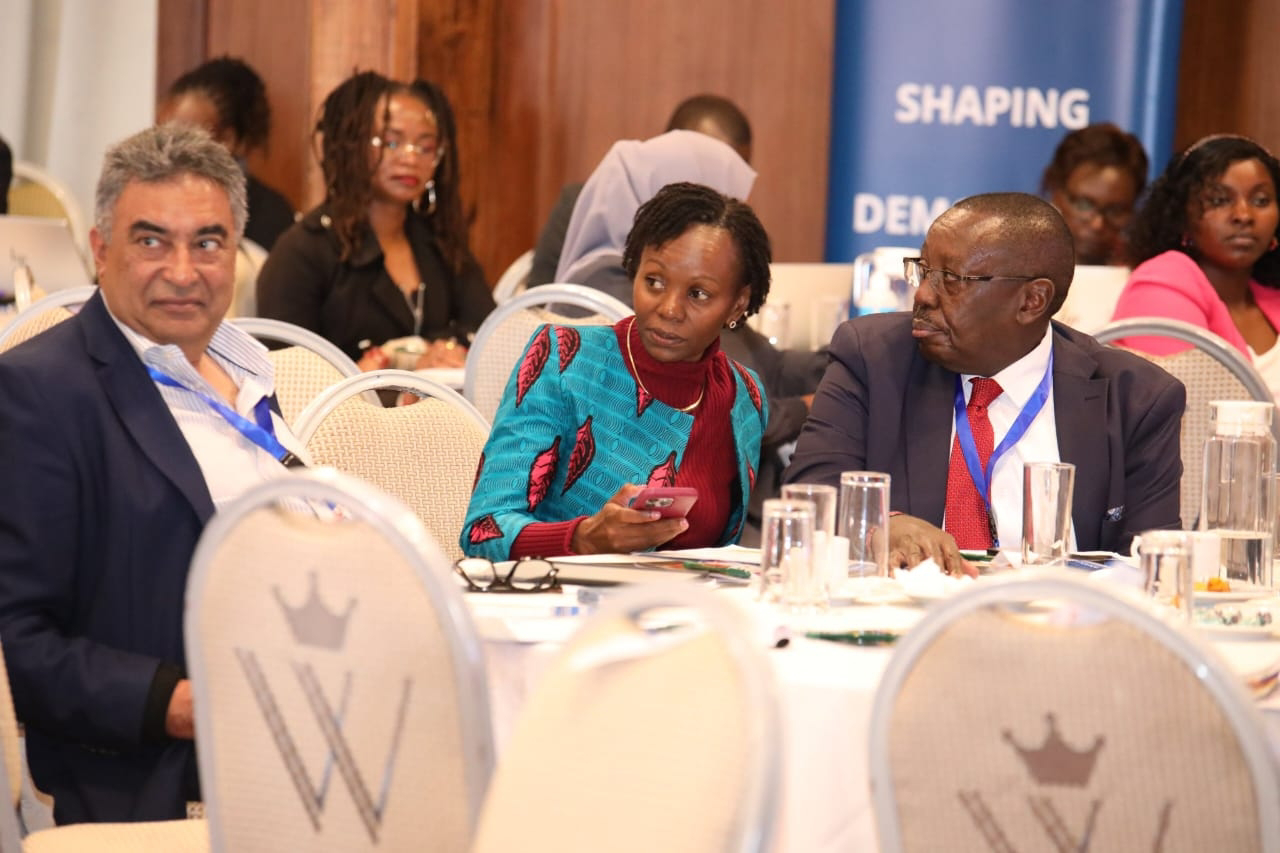Bridging Policy and Enterprise: KEPSA and Parliament Chart Path to a Competitive, Inclusive Economy
By Steve El Sabai
Kenya Private Sector Alliance (KEPSA), in a high level policy engagement with the National Assembly’s Finance and Budget Committees, convened to architect a bold and forward looking fiscal framework that aligns with the nation’s ambitions for global economic stature and inclusive growth. Themed “Our Journey So Far and What Lies Ahead: The Role of Fiscal Policy in Shaping Kenya’s Global Competitiveness,” the dialogue marked a critical departure from conventional consultation toward co ownership of Kenya’s fiscal destiny.
KEPSA’s leadership, spearheaded by Chairperson Dr. Jas Bedi, Board Director Vimal Shah, and CEO Carole Kariuki, provided incisive insights into the private sector’s aspirations for a more predictable, coherent, and business friendly tax regime. Carole Kariuki, in particular, emerged as a compelling voice for institutional collaboration, emphasizing the urgent need for fiscal policies that prioritize job creation, enterprise development, and long term national competitiveness.
Her stewardship reinforced KEPSA’s commitment to transforming fiscal policy into an instrument for empowerment rather than a tool of constraint. Under her guidance, the Alliance articulated a strategic shift from episodic engagement to institutionalized co creation in fiscal lawmaking, a move welcomed by Parliament’s leadership.
Finance Committee Chair Hon. Kimani Kuria and Budget Committee Member Hon. Makali Mulu echoed these sentiments, emphasizing the need to root fiscal planning in transparency, inclusivity, and structured private sector involvement. The parliamentary side reaffirmed their willingness to embed industry voices into the drafting of the Finance Bill 2025, signaling a paradigm shift in Kenya’s fiscal governance.
Key proposals discussed included the immediate operationalization of a National Tax Policy and a Medium Term Revenue Strategy, mechanisms designed to provide the private sector with predictability and strategic clarity. Parliament also spotlighted reforms under the Tax Laws (Amendment) Act 2024, including streamlined VAT refund mechanisms and targeted exemptions to ease business restructuring, indications of a progressive, responsive legislative agenda.
Access to affordable credit emerged as a shared priority, with both sides championing the expansion of credit guarantee schemes, tax incentives for long term financing, and reforms aimed at unlocking financial inclusion for SMEs and emerging enterprises.
In addressing industrial competitiveness, the stakeholders called for strategic tariff realignment, strengthened tax support for agro industrial transformation, and deeper regional integration to stimulate domestic value addition and manufacturing growth.
While Kenya’s economy is projected to expand by 5.3 percent in 2025, leaders acknowledged the underlying socio economic disparities, 36.1 percent of the population living in poverty, a 13.9 percent unemployment rate, and a Gini coefficient of 0.39, as stark reminders of the need for fiscal equity. KEPSA CEO Carole Kariuki underscored the importance of directing fiscal policy toward supporting youth and women entrepreneurs, SMEs, and other vulnerable sectors that often remain excluded from traditional growth models.
Her message was unequivocal: Kenya must construct a fiscal culture that enables competitiveness while embracing inclusion. Under her leadership, KEPSA continues to position itself as the nexus between enterprise and policy, a space where the voices of business catalyze reforms and chart a path to national resilience.
As the Finance Bill 2025 looms on the legislative horizon, the convening served as more than just an exchange of ideas. It marked the formation of a purposeful alliance between private enterprise and public institutions. KEPSA’s vision, energized by the leadership of Carole Kariuki, is steering the conversation from possibility to policy, from ambition to execution.
With Parliament and the private sector now aligned in purpose, Kenya stands at the threshold of a transformative fiscal epoch, one where policy not only reflects economic aspirations but actively drives them.





Comments
Post a Comment